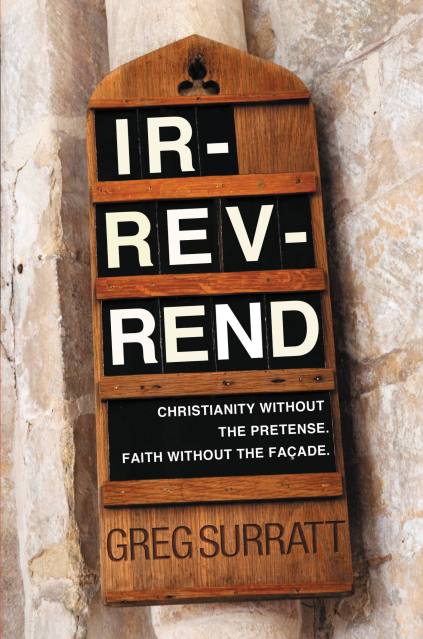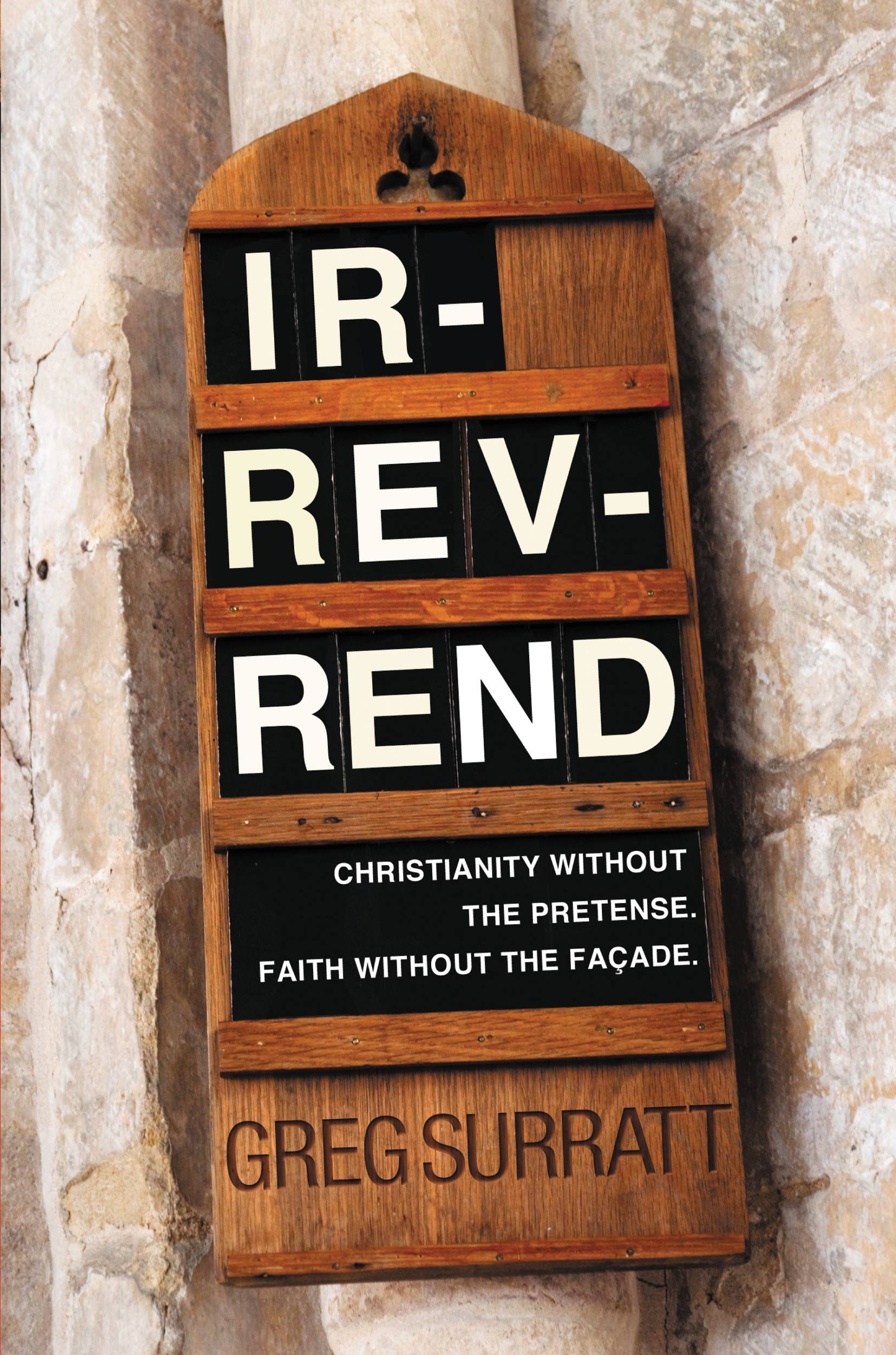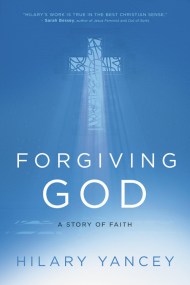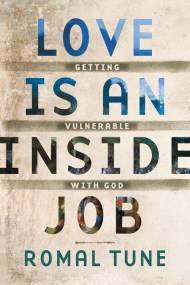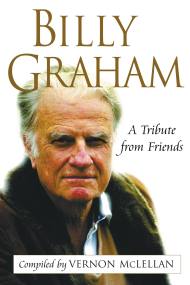Promotion
Use code MOM24 for 20% off site wide + free shipping over $45
Ir-rev-rend
Christianity Without the Pretense. Faith Without the Façade
Contributors
By Greg Surratt
Formats and Prices
Price
$9.99Price
$12.99 CADFormat
Format:
ebook $9.99 $12.99 CADThis item is a preorder. Your payment method will be charged immediately, and the product is expected to ship on or around September 28, 2011. This date is subject to change due to shipping delays beyond our control.
Also available from:
1. a pastor who is somewhat critical of what is generally accepted or respected
2. a pastor who is trying to make sense of life, love, the church and other confusing things from a slightly satirical point of view; an irreverent sense of humor.
3. a “normal” guy pursuing God
Whatever you may think about the “typical” pastor, throw it out. Do they make bad decisions? Yes. Commit sin and experience severed relationships? Yes and yes. Pastor Greg Surratt is not perfect, and he unashamedly tells the stories that have strengthened his faith. He writes that the choice to follow Christ is never clean, is often scary, is usually clothed in mystery, and is always an adventure.
For some people, God appears in dark, dirty, lonely, or just plain odd places. Greg found God while huddled under a grand piano, hiding from overzealous friends and family trying to accost him during an altar call at a Pentecostal revival. So began a life of sharing stories of God’s endlessly creative and often surprising work and seeing God’s transforming power in unexpected ways. Despite years of vocational ministry, Greg never underestimates the power of divine/human encounters in some of teh least “churchy’ places on earth.
Humorous, insightful, and challenging, IR-REV-REND is a revealing and joyous look at real-life Christian living. As Greg himself affirms, if God can use his missteps and blunders, God can use anybody’s.
Genre:
- On Sale
- Sep 28, 2011
- Page Count
- 224 pages
- Publisher
- FaithWords
- ISBN-13
- 9781455504893
Newsletter Signup
By clicking ‘Sign Up,’ I acknowledge that I have read and agree to Hachette Book Group’s Privacy Policy and Terms of Use
